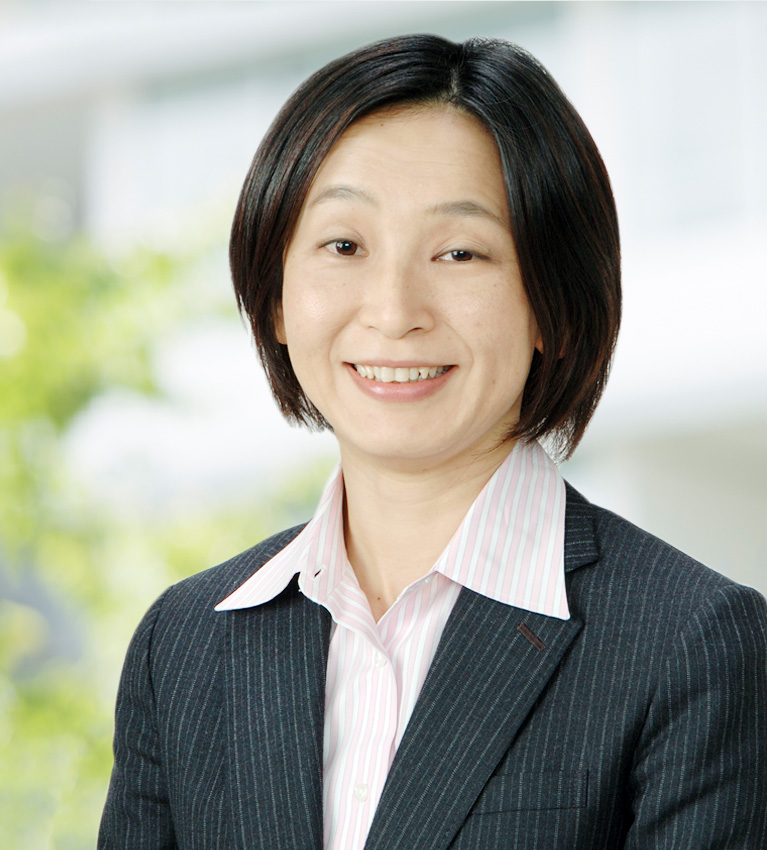Duration 2 Years (MA); 3 Years (PhD)
Medium of instruction Mainly in Japanese
Study in English Available
Non-degree program Available (Research only)
Admission capacity Master's program: 20, Doctoral program: 3
Course Structure
Curriculum
Master's program
Students will receive at least 30 credits from the following courses and complete their master's thesis.
| Research Guidance (8 credits or more) | Subjects for research guidance for the preparation of master's thesis |
|---|---|
| Basic subjects (6 credits or more) | Subjects that solidify the foundation that is the premise of management education |
| Specialized subjects (12 credits or more, including 2 credits from other courses) | There are two main subjects of management education: Global Business and Management Solutions |
| Specialized Subjects (4 credits or more) | Subjects related to career design and deepening of research |
Doctoral program
You will complete the course after obtaining more than 20 credits from the following courses and screening your doctoral thesis.
| Special Research Guidance (12 credits or more) | Subjects for research guidance for the preparation of doctoral dissertations |
|---|---|
| Specialized Subjects (8 credits or more) | Lectures to deepen expertise in each field |
Business Administration
Business law, Corporate governance, e-Business management, Financial accounting, Financial management, Global human resource development, Global logistics, Global management, Global organizations, Global strategy, Global tax planning, Healthcare management, International accounting, International accounting, Management consulting, etc.
Economics
Economic theory, Financial intermediation, International macroeconomics and policy, International trade, Management of technology, Management science, Microeconomics, Public economics, Quantitative analysis, Taxation and economy, etc.
Message from the Dean
In February 2016, Japan signed the Trans-Pacific Partnership (TPP) Agreement, and it was expected that Japanese companies' overseas production activities and market development would accelerate further. However, in January 2018, President Trump of the United States signed a presidential decree to withdraw from the TPP agreement, and there was no way to issue the TPP agreement. As a result, in March 2018, the United States formally announced import restrictions that would significantly increase tariffs, saying that the increase in imports of steel and aluminium products would be a "national security threat," and it has the potential to develop into a global trade war, including China. The United Kingdom, which declared that it would leave the European Union in response to a referendum in 2016, has not seen a path to leave, announcing in March 2019 that it would postpone its withdrawal deadline to the end of October. Consequently, some Japanese manufacturing companies with factories in the UK are moving to announce a review of their production plans. Under these circumstances, companies must come up with the best solutions from a global perspective to overcome the challenges at the forefront of their business.
In a modern society where the future is uncertain, the Graduate School of International Management aims to nurture graduates with skills to respond to changes in the market environment and institutions by becoming familiar with international rules. The Graduate School of International Management also seeks to nurture human resources who can enhance the quality of the entire company in the context of globalization. In FY2016, we established a service science research program to enable us to conduct specialized research on Japanese service businesses and advanced service and business in other countries, which have been attracting attention from overseas in recent years. In addition to globalizing companies, we are also working to develop human resources who can play an active role as service specialists, including those who work in healthcare and welfare organizations, government agencies, and non-profit organizations.
In this way, the Graduate School aims to be an educational and research institute that produces human resources who can always respond to the cutting-edge challenges of business in response to the needs of society. We hope that everyone who has clear research issues and a strong desire to solve these problems will be able to study at the Graduate School and become a leading person in the leading state of business.

Professor Sayuri Shiraishi
Dean, Graduate School of International Management

